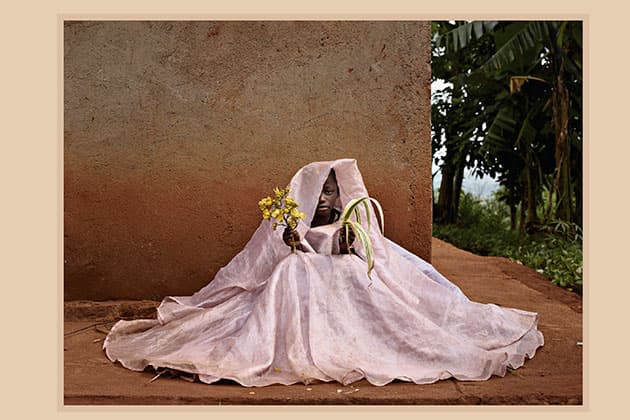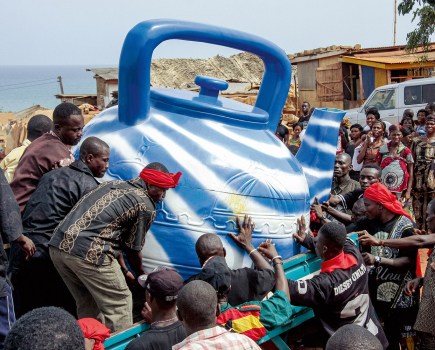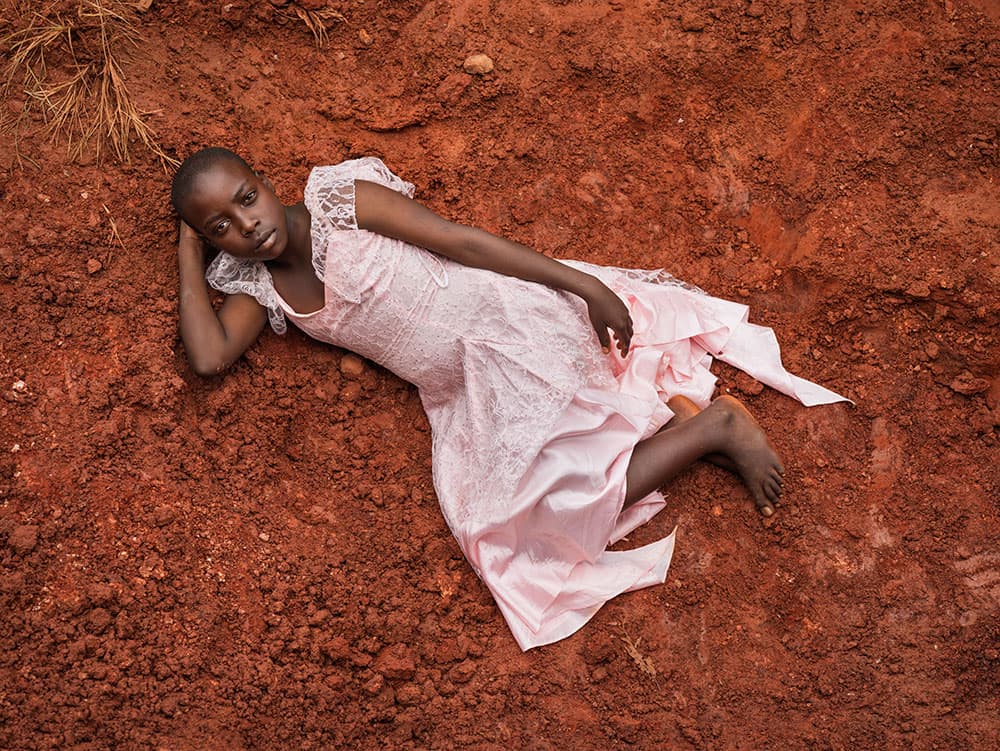
Portrait #12, Rwanda, 2015, by Pieter Hugo
Pieter Hugo has never shied away from uncomfortable truths, particularly as it applies to his home country of South Africa. In previous books, he has explored the toxic effects of mass technological consumerism and the ways in which it affects the communities that exist around its dumping grounds. That particular project was confrontational and vocal. However, in 1994, we find Hugo taking a quieter, though no less meaningful, approach. The book consists of a series of portraits of children. Two are Hugo’s own children. The rest native to Rwanda.
The title of the book is specific – 1994 saw Nelson Mandela elected as president of South Africa in the country’s first democratic election following decades of apartheid. This was also the year of the Rwandan genocide. Pieter Hugo was still young then, just out of school. Two decades later, in 2014, he returned to Rwanda on assignment. As a relatively new parent, he found his perspective altered. It’s with this in mind that he began photographing his children and the children of Rwanda in an attempt to come to terms with the history of his home country. Central to this book’s themes is anxiety born from the weight of responsibility that sits upon the shoulders of all parents. As a parent, Hugo must contend with guiding his children through the choppy waters of worldly morality and practice. By also photographing children that are not his own, Hugo demonstrates that it’s not just our own children that we must help guide in these circumstances. There are all our children and our responsibility extends to them all.
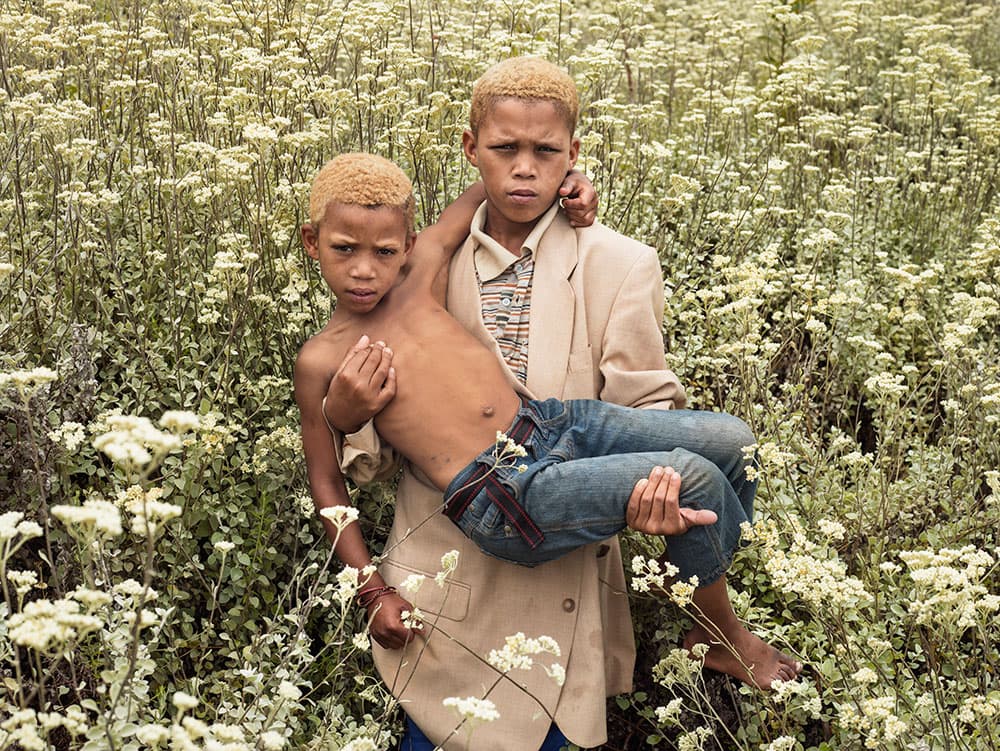 Pieter Hugo’s style of photography is one that delivers an element of truth from the subject and makes the viewing of the images all the more engaging. You want to keep studying the subject and know them. That’s perhaps the best compliment you can pay to any portrait.
Pieter Hugo’s style of photography is one that delivers an element of truth from the subject and makes the viewing of the images all the more engaging. You want to keep studying the subject and know them. That’s perhaps the best compliment you can pay to any portrait.
SCORE: 5 out of 5
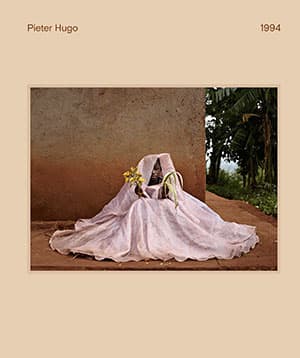
Published by Prestel
Price £35, hardback, 92 pages
ISBN 978-3-791382-73-9

